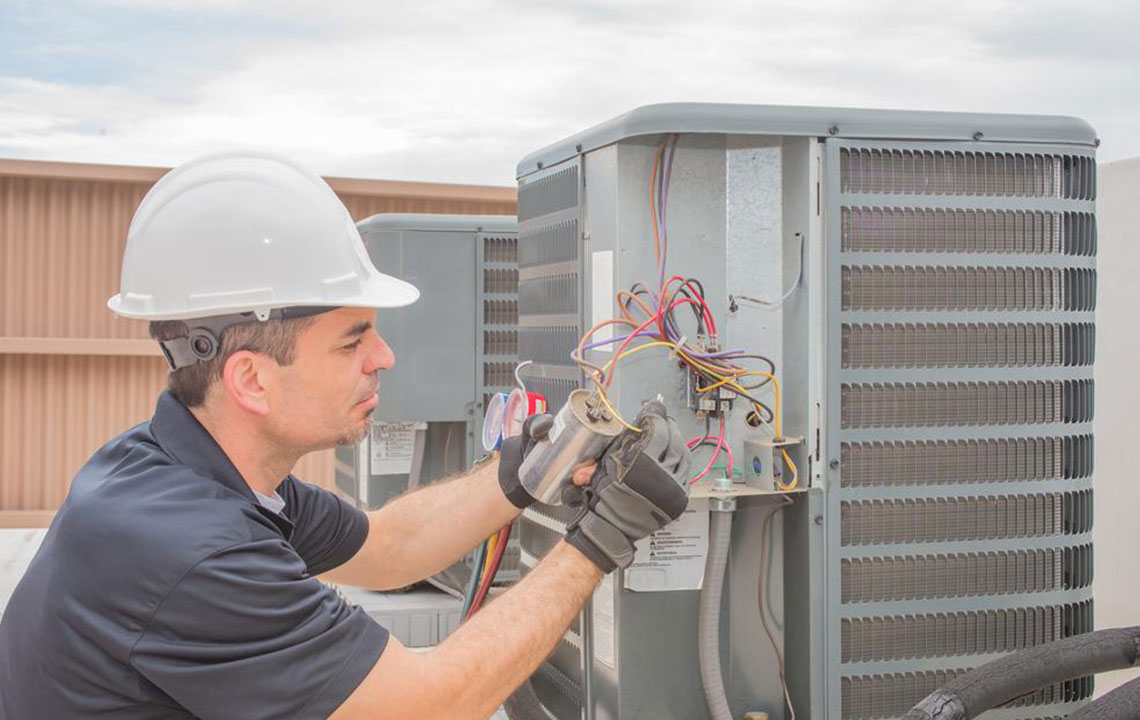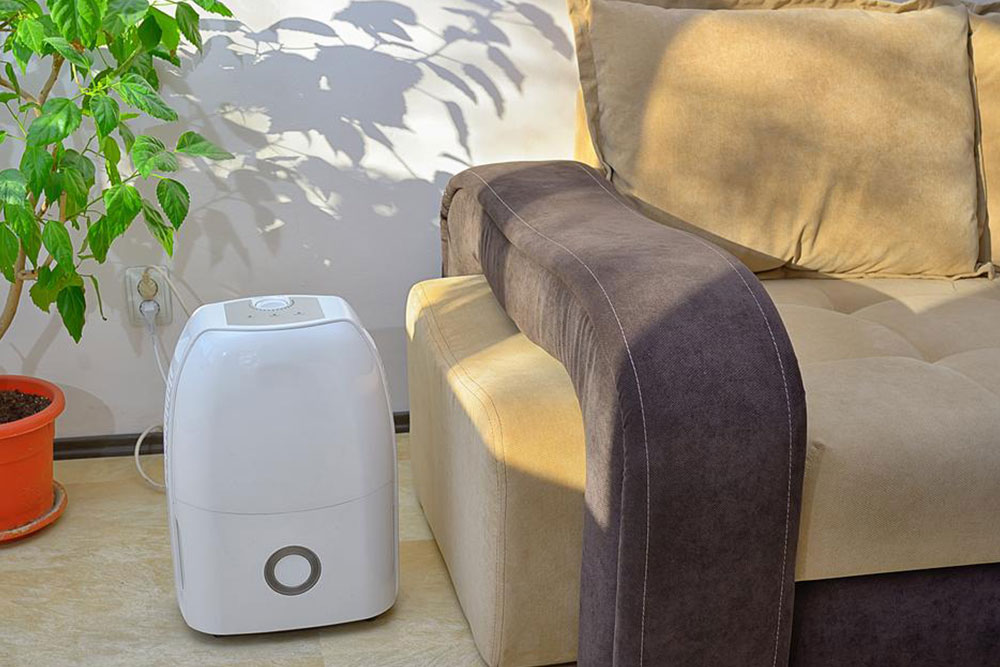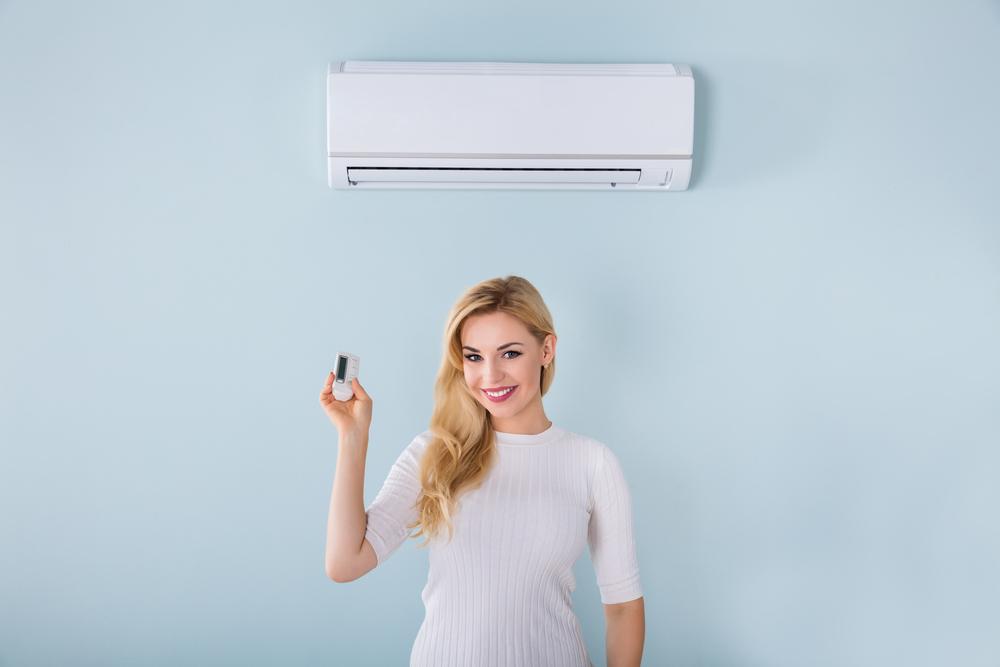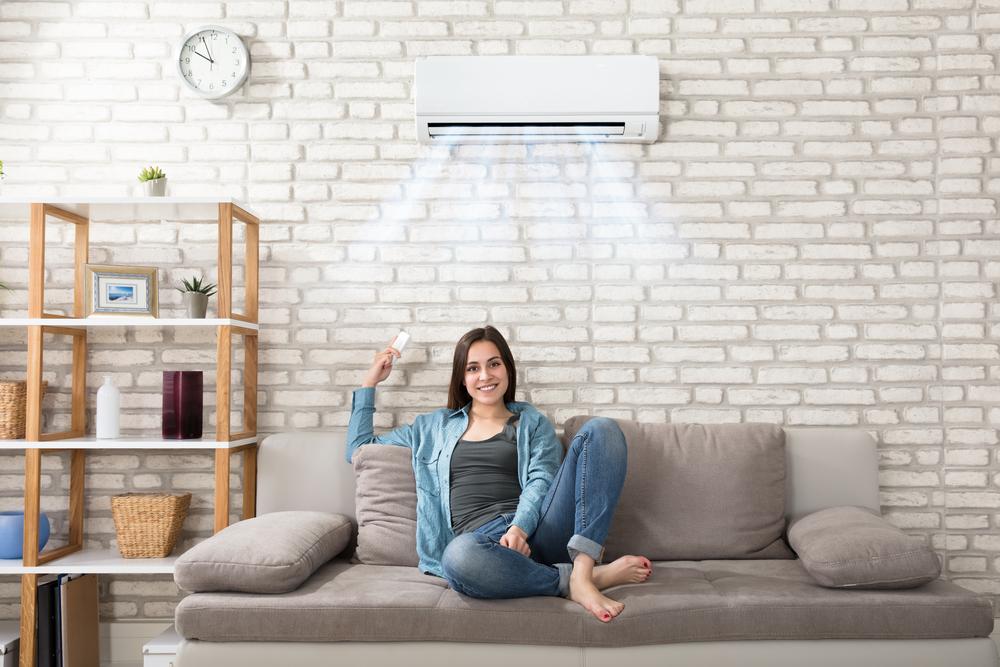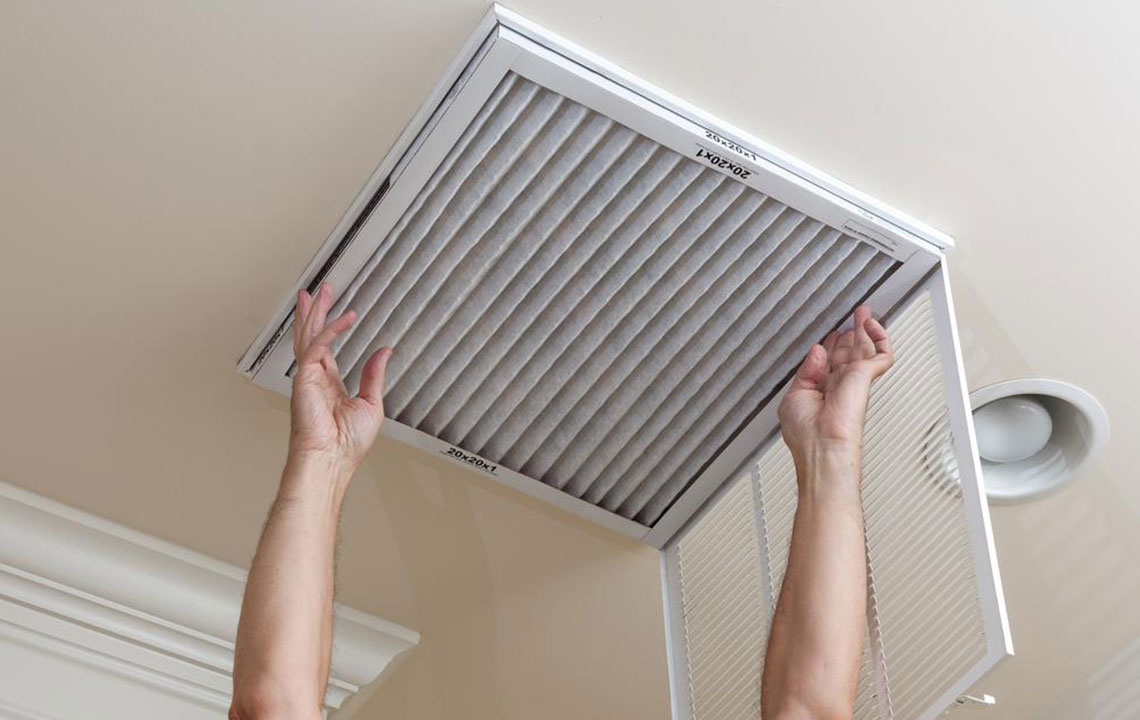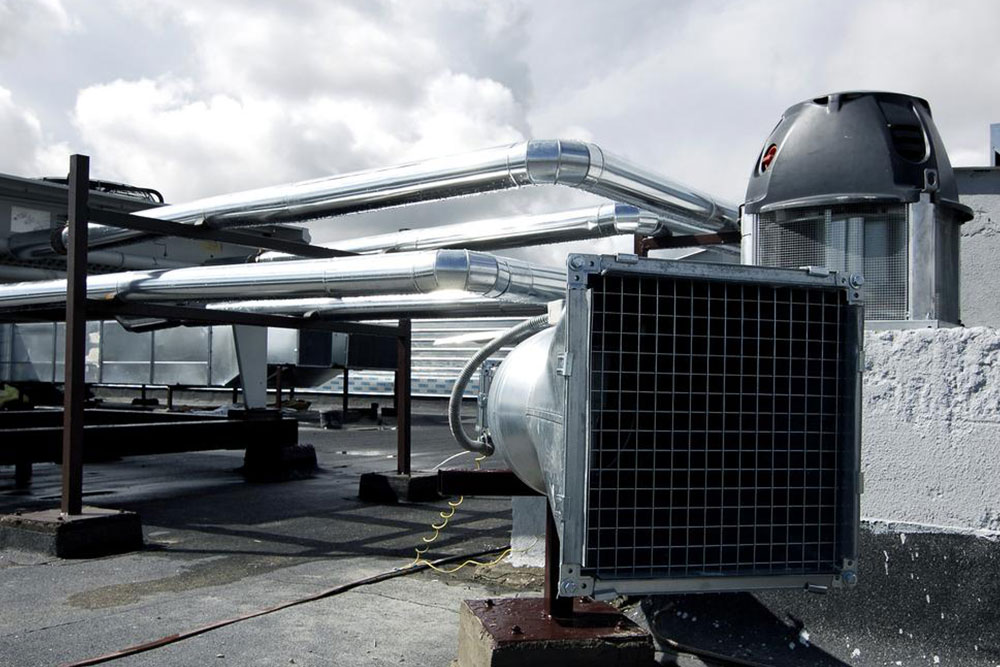Comprehensive Guide to Summer HVAC Maintenance for Better Indoor Air Quality
Discover comprehensive summer HVAC maintenance tips to enhance indoor air quality, reduce energy costs, and extend your system’s lifespan. Learn best practices like filter replacement, temperature regulation, humidity control, and system upgrades for optimal comfort and health during hot weather.
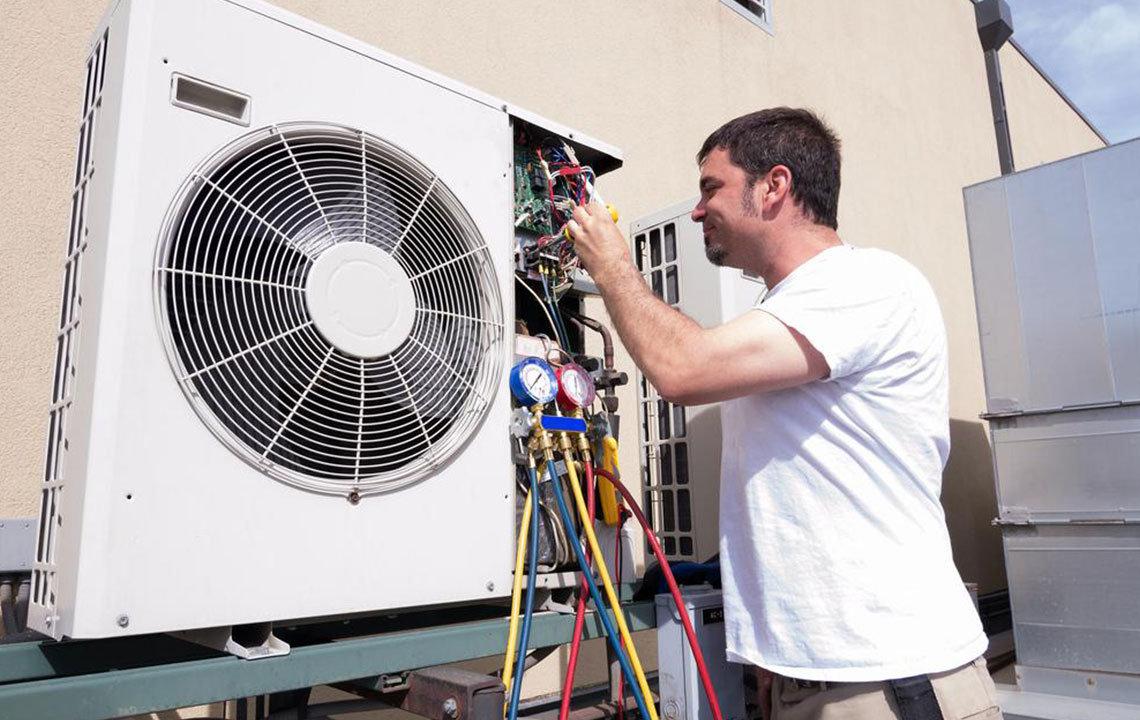
Comprehensive Guide to Summer HVAC Maintenance for Better Indoor Air Quality
When the temperature rises, ensuring your Heating, Ventilation, and Air Conditioning (HVAC) system operates efficiently becomes more crucial than ever. These systems are fundamental not only for maintaining a comfortable indoor climate but also for ensuring the air you breathe remains healthy and free of pollutants. Proper maintenance during the summer months can significantly extend the lifespan of your HVAC units, reduce energy costs, and enhance indoor air quality.
HVAC systems are typically installed outdoors, where they absorb heat from the interior space and expel it outside. The core component, the compressor, plays a vital role by transforming refrigerant from a gaseous state to a liquid, facilitating the cooling process. However, prolonged use without proper upkeep can cause wear and tear, leading to decreased efficiency, higher energy consumption, and potential system failure. Therefore, summer is the ideal time to perform essential maintenance checks and procedures.
Below, we will explore detailed strategies and tips to keep your HVAC system running smoothly during the hotter months, ensuring your indoor environment remains comfortable and your air quality stays optimal.
Replace Air Filters Regularly
The importance of replacing your HVAC air filters cannot be overstated. Air filters trap dust, pollen, pet dander, and other airborne pollutants, preventing them from circulating throughout your home. Over time, filters become clogged, reducing airflow and forcing the system to work harder, which increases energy consumption and accelerates wear. For optimal performance, replace filters every 60 to 90 days. Homes with pets, residents with allergies, or high occupancy may require more frequent replacements, possibly as often as every 45 days. Using high-efficiency filters can further enhance indoor air quality and system efficiency.
Maintain Ideal Indoor Temperatures
During summer, setting your thermostat above 72°F (22°C) can effectively reduce energy costs while maintaining comfort. Modern programmable thermostats allow you to customize temperature settings based on your schedule, turning off cooling when not needed and restoring it before you return. Consistency is key—irregular fluctuations can strain your HVAC system. Consulting with a professional HVAC technician can help you find the most energy-efficient temperature settings tailored to your home’s insulation and occupancy patterns. Proper temperature management not only saves money but also prolongs the life of your AC units.
Control and Monitor Indoor Humidity
Humidity plays a significant role in indoor air quality and comfort. Maintaining humidity levels between 30% and 60% prevents mold growth, reduces dust mites, and keeps indoor air fresh. Excessive humidity forces HVAC systems to work harder to cool the air, leading to increased energy consumption and potential system overloads. Using dehumidifiers or installing humidity sensors can help you keep levels in check. Regular inspection and maintenance of your HVAC’s dehumidification capabilities ensure that your indoor environment remains healthy and comfortable during the hot summer months.
If your cooling system is underperforming or struggling to reach desired temperatures, professional repair services are advisable. Detecting issues early can prevent costly breakdowns and improve efficiency. Common problems include refrigerant leaks, compressor failures, dirty coils, or electrical faults. An HVAC specialist can diagnose and fix these problems quickly, restoring optimal functionality.
Seal and Insulate Your Home
Proper sealing and insulation are fundamental to maintaining a consistent indoor temperature. Gaps around windows, doors, and ductwork can lead to significant energy loss, forcing your HVAC system to work overtime. Addressing leaks with weatherstripping or caulking, upgrading insulation in walls and attics, and sealing ductwork reduce air infiltration, conserve energy, and lower utility bills. During HVAC upgrades or replacements, investing in better insulation can provide long-term savings and improve overall indoor comfort.
Regular System Sterilization and Cleaning
Pathogens, mold, and bacteria can build up on refrigerant coils and ventilation components if not properly maintained. Regular sterilization and cleaning of coils, filters, and ducts prevent the proliferation of harmful microorganisms, ensuring the air circulating in your home remains clean and healthy. This also improves airflow efficiency and reduces the risk of system breakdowns caused by dirt and microbial buildup.
Invest in System Upgrades and Replacement
HVAC systems have a typical lifespan of about 10-15 years. As your unit ages, its efficiency decreases, leading to higher energy costs and potential failures. Consider replacing outdated units with modern, energy-efficient models that comply with the latest environmental standards. These newer systems can reduce your utility bills by up to 20%, produce fewer emissions, and provide better filtration for improved indoor air quality. Consulting with HVAC professionals can help you determine the best time for replacement and select the most suitable system for your home’s needs.
Regular summer HVAC maintenance isn’t just about keeping the system running; it’s about safeguarding your indoor environment, improving air quality, reducing energy costs, and extending the lifespan of your units. Schedule routine inspections and maintenance with certified HVAC professionals to ensure your system performs at its best year-round. Proper care today can prevent costly repairs tomorrow, making your summer comfortable and worry-free.
